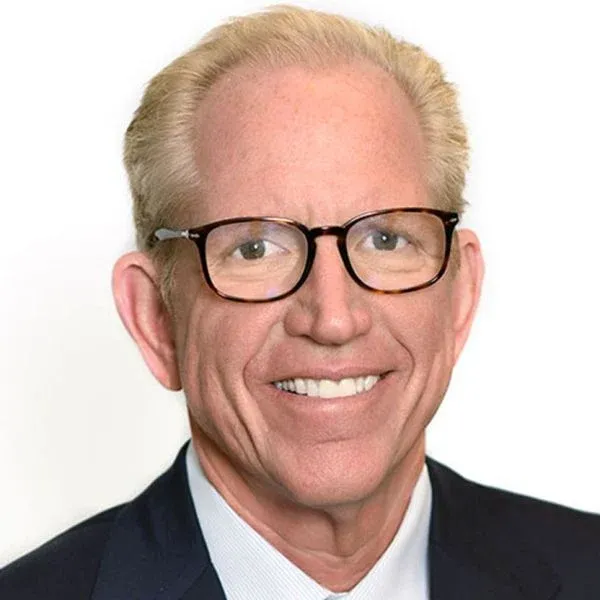
Over 100 years ago, the father of American literature, Mark Twain, could not have imagined how enduring and relevant his words would be to future generations when he said: “Twenty years from now you will be more disappointed by the things you didn’t do than by the things you did.” The current generation of young adults has been vocal in pointing out the actions that weren’t taken by the last few generations and expressing the level of disappointment, dissatisfaction, and bad outcomes that have stemmed from that inaction.
The challenges we currently face are unprecedented. Addressing climate change is the major challenge of our time, one that will require wholesale changes to the nature of economic growth and consumption. As a classic “externality” problem, climate change is closely tied to a number of societal ills that conventional economic accounting largely ignores. As such, the benefits that will result from action to mitigate climate change, which is going to be costly and complex, are difficult to quantify and will be highly variable in terms of avoided costs and long-term benefits to individuals, countries, and regions.
Climate change is closely tied to a number of societal ills that conventional economic accounting largely ignores.
From a top-down perspective it is not difficult to see some of the broader benefits associated with adopting actions that take account of social and environmental consequences. Health is an obvious area where emission reductions could produce immediate and tangible benefit as, according to the World Health Organization, most countries are currently seeing economic impacts in excess of 10 percent of GDP from premature deaths and illness due to air pollution. The Organisation for Economic Cooperation and Development estimates that halving greenhouse gas emissions by 2050 would reduce premature deaths from air pollution by 20 to 40 percent. Many initiatives to reduce emissions from household energy, transport, agriculture, and electricity can also help address global health priorities, such as child mortality and noncommunicable diseases.
Efforts to tackle deforestation and land-use change to mitigate climate change yield a range of benefits for biodiversity, but also help stabilize local temperatures and shield populations from the worst impacts of storms, floods, and other extreme weather. As weather patterns are set to become more volatile in the coming decades, the value and benefit of investments in these areas are likely to grow.
Healthy oceans are critical to the 3 billion people who rely on fisheries as their primary source of protein. Oceans are also the largest carbon sink globally: current pressures have resulted in warming seas, acidification, and species loss. More sustainable management of ocean resources will help safeguard food sources and livelihoods in low-income countries, and preserve the value of ocean genetic resources, which are increasingly seen as a potential source of discoveries in fields such as antibiotics.
Despite much talk about ESG, there is relatively little concrete action. Bold and ambitious statements issue from a variety of individuals, companies, organizations, and countries, but substance and actions to make those statements a reality are often lacking. Ambitions also fail to recognize or sufficiently highlight the fundamental societal changes needed, particularly in developed markets where levels of consumption are very high.
Politicians are quick to say that the benefits of decarbonization and climate repair will pay for themselves, leading people to believe that few individual sacrifices will be required beyond a little moderation and greater recycling of the output from excessive consumption. The view, however, that technology and business solutions will require few lifestyle changes in developed markets is fundamentally flawed, given the scope of the challenges.
Coordinated and wholesale action can, though, result in positive impact. The recent Intergovernmental Panel on Climate Change Sixth Assessment report cited the 1987 Montreal Protocol and subsequent ban on ozone-depleting CFCs as having prevented 2.5 oC of additional warming. This clearly highlights the impact that successful coordinated action can achieve.
If we are to build a meaningful and sustainable future, then integrating ESG practices into our everyday actions—as well as using them to tackle larger initiatives—will be key to improving outcomes and ensuring that future generations don’t look back on this period with disappointment.
In the words of Anne Frank, in The Diary of a Young Girl, “How wonderful it is that nobody need wait a single moment before starting to improve the world."

















